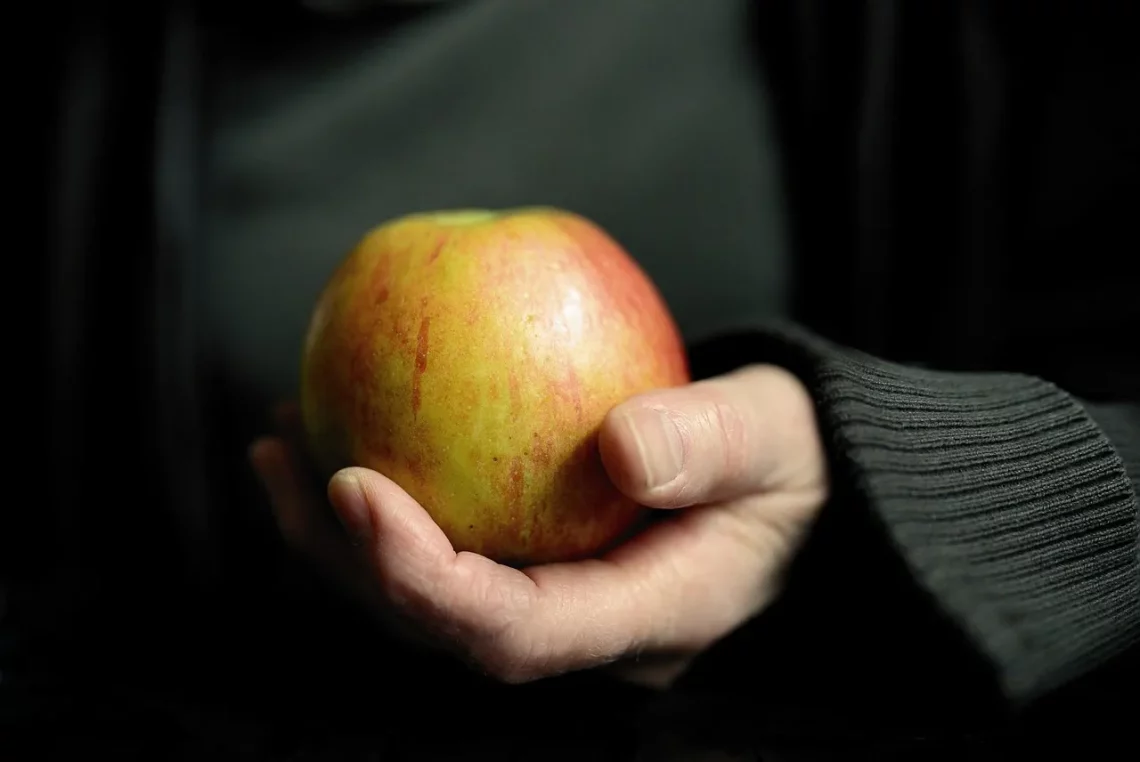
Can Chickens Eat Dog Food? Understanding Their Dietary Needs
Keeping chickens can be a rewarding endeavor, whether you are a backyard enthusiast or a farmer with a larger flock. These birds are known for their unique personalities and their ability to provide fresh eggs. However, just like any other pet or livestock, chickens have specific dietary needs that must be met for them to thrive. While many chicken owners often wonder what to feed their feathered friends, it’s not uncommon for them to consider alternative food sources. One such question that arises is whether chickens can eat dog food.
Understanding the dietary requirements of chickens is crucial, as their health and productivity depend significantly on what they consume. Chickens are omnivores, which means they can eat a variety of foods, including grains, seeds, vegetables, and even insects. However, their nutritional needs differ from those of dogs, which can lead to confusion about the appropriateness of dog food in a chicken’s diet. This article delves into the intricacies of chicken nutrition, the components of dog food, and whether it can be safely included in their diet.
Understanding Chicken Nutrition
To determine if chickens can eat dog food, it’s essential to first understand what constitutes a balanced diet for chickens. Chickens require a blend of carbohydrates, proteins, fats, vitamins, and minerals to maintain their health and egg production capabilities.
A typical chicken diet primarily consists of grains such as corn and wheat, which provide carbohydrates and energy. Additionally, protein sources are vital for growth, feather development, and egg production. Protein can come from various sources, including soybean meal, fish meal, and even insects.
Fats are another critical component of a chicken’s diet, providing concentrated energy and supporting skin and feather health. Vitamins and minerals, such as calcium and phosphorus, are necessary for bone health and egg shell formation.
Commercial chicken feeds are specifically formulated to meet these nutritional requirements, ensuring that chickens receive a balanced diet. These feeds typically come in the form of pellets or crumbles and are tailored to the age and purpose of the chickens, whether they are layers or broilers.
While chickens can consume a wide variety of foods, their diet should ideally be based on a complete feed designed for poultry. Supplementing their diet with kitchen scraps, greens, and bugs can be beneficial, but any alternative food source should be carefully evaluated for its nutritional content.
The Composition of Dog Food
Dog food is formulated to meet the dietary needs of canines, which are different from those of chickens. Most dog foods contain a combination of proteins, fats, carbohydrates, vitamins, and minerals, tailored to support a dog’s health. The primary protein sources in dog food often include meat, fish, or plant-based proteins.
Carbohydrates in dog food typically come from grains, vegetables, or fruits. Many brands also add vitamins and minerals to ensure that the food meets the nutritional requirements for dogs. However, the proportions of these components vary from what chickens need.
One of the significant differences is the protein content. Dog food is generally higher in protein than what is appropriate for chickens. While chickens do require protein, too much can lead to health issues, including kidney strain and obesity. Furthermore, some dog foods contain additives, preservatives, or ingredients that might not be safe or suitable for chickens.
Moreover, the type of fat included in dog food can vary. Some fats are beneficial for chickens, while others may not be ideal. Additionally, certain dog foods may include ingredients like garlic or onions, which are toxic to birds.
Given these differences, while dog food might not be outright harmful to chickens in small amounts, it should not be considered a substitute for a proper chicken diet.
Potential Risks of Feeding Chickens Dog Food
Feeding chickens dog food can pose several risks that are important for chicken owners to consider. One of the primary concerns is nutritional imbalance. As previously mentioned, dog food is formulated for canine dietary needs, not avian. Regularly feeding chickens dog food could lead to deficiencies or excesses in nutrients, ultimately affecting their health.
Another significant risk is that certain ingredients in dog food can be harmful to chickens. For instance, some formulations may contain additives or preservatives that are not suitable for birds. Ingredients such as corn gluten meal, while safe for some animals, may not be beneficial for chickens.
Additionally, the high protein content found in many dog foods may lead to health problems in chickens. Excess protein can cause liver and kidney issues over time, particularly in older birds or those with pre-existing health conditions.
Moreover, feeding chickens dog food can lead to behavioral issues. Chickens are naturally foragers; they enjoy pecking around and searching for food. Relying too much on dog food can take away from their natural behaviors and may lead to boredom or stress.
Lastly, there is the risk of developing a dependency on dog food, leading to a reluctance to consume their regular chicken feed. This can create a cycle of nutritional deficiency and health issues.
Safe Feeding Practices for Chickens
If you are considering incorporating dog food into your chickens’ diet, it’s crucial to do so thoughtfully and in moderation. While a small amount of dog food may not harm your chickens, it should never replace their primary feed.
Instead, consider using dog food as an occasional treat rather than a staple. When offering dog food, ensure it is a high-quality brand without any harmful additives. Limit the quantity to a small handful per chicken and observe their overall health and behavior after introducing it.
In addition to dog food, chickens can benefit from a variety of other treats. Fruits and vegetables, such as leafy greens, carrots, and berries, can provide essential nutrients and add variety to their diet. Mealworms and other insects are also excellent protein sources that chickens love.
Always ensure that fresh water is available, as hydration is crucial for their well-being. Regularly monitor their health and egg production, and consult with a veterinarian if you notice any changes or concerns.
Ultimately, focusing on a balanced diet tailored to chickens will help ensure their health and productivity. While it’s tempting to share your dog’s food with your feathered friends, understanding their specific needs is vital for keeping them happy and healthy.
**Disclaimer:** This article is for informational purposes only and should not be considered medical advice. Always consult a veterinarian for any health-related questions or concerns regarding your chickens.




